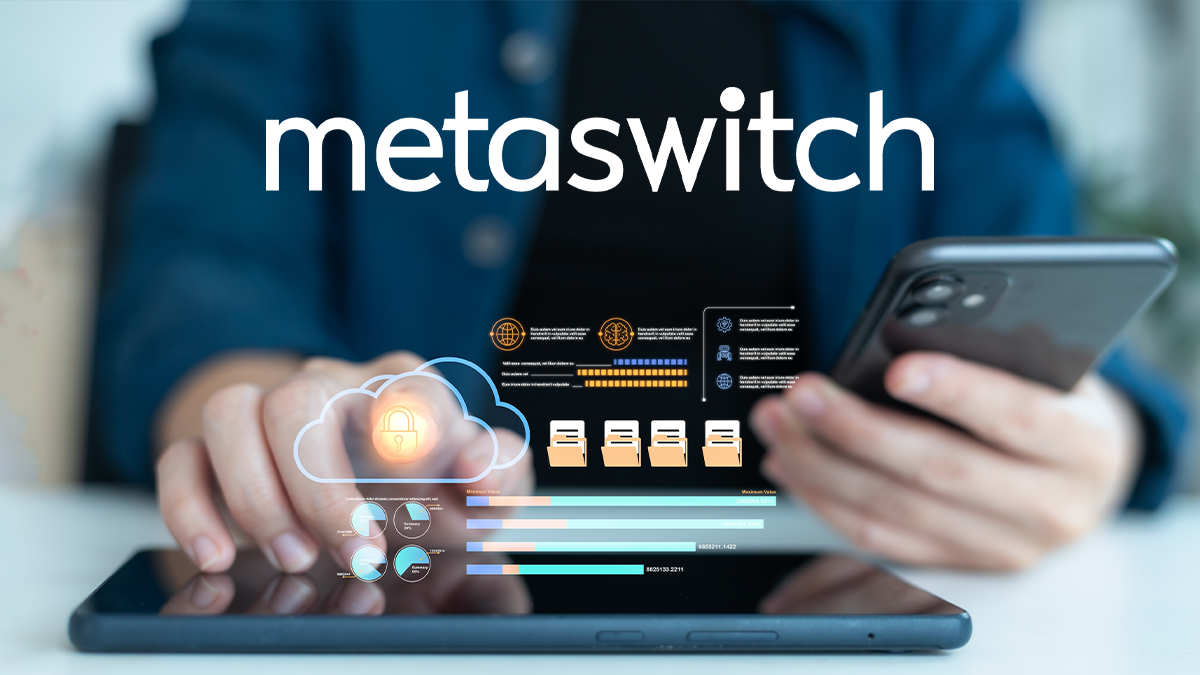ORLANDO, Metaswitch Forum. VoIP service providers are thinking more about IPv6 every day, based on my requests. Here at the Metaswitch Forum, the UK-based company is dedicating an entire session to IPv6 deployments. They'll be speaking to the 200+ carriers, large and small, assembled at this year's Metaswitch event.
The questions we hear are, "How will it affect me? How should I be planning now?" Every network wants to know how to respond to the depletion of IPv4 address space, and the "imminent" roll-out of IPv6 space. In this article, I'm going to reach back into history to make some predictions about IPv6's effects on VoIP carriers.
Prediction #1. IPv6 will be deployed first on mobile devices
For example, some carriers are starting to assign IPv6 IP addresses to cell phones and mobile cards. Then they'll use 6-4 Carrier-Grade NAT (CGN) to connect their IPv6 customers to the IPv4 Internet. Mobile devices are a good fit for this because they rarely run services. For example, your PC may run a VNC screen-sharing service, or share a printer, or share a hard drive. That requires other computers to connect into it. If your PC is behind a NAT device then fewer devices can connect to it. There's a security upside to that, but it also limits some services.
Handheld devices almost never run services like this, so their users will be minimally affected by the absence of an IPv4 address assignment.
If this prediction comes to pass, however, the innovation promised by IPv6 will be stymied. This move keeps the server operators in complete control over traffic going from the Internet to the phone. Why NOT have connections to the VoIP SIP stack on your cell phone? Why NOT have inbound file transfers from your friends?
Prediction #2. IPv6 will hasten the focus on the Session Border Controller as key demarcation.
The original dream of many VoIP and Internet designers has been to simplify direct communication. We know that intermediate systems and servers create bottlenecks. Cell Phones and PCs should connect you to friends and colleagues with minimal need for intermediate systems, they opine.
But within Telecom, those "intermediate systems" are called "telephone companies". Connecting you to your friends is called "switching"; it allows you to do things like dial telephone numbers to locate someone.
Session Border Controller (SBC) Vendors already encourage IPv4 VoIP Cores using Private addresses. This arcane detail ensures the SBC is the true gatekeeper between the VoIP core and the public Internet. And Acme Packet already supports IPv6 to IPv4 interworking.
We should expect other SBC vendors to enhance their support. This will enable Service Providers to claim IPv6 readiness -- while leaving their core networks untouched.
In an all IPv4 world, service providers can conceivably interconnect individual devices. For example, Carrier A's application server can communicate with Carrier B's media server. But with an IPv6 world connecting IPv4 networks, this will be much more difficult. So the SBC will be even more critical as a demarcation between carriers.
But is this a bad thing? In general, fewer interactions may be better. (See Christopher Alexander's extensive discussion on this.) Already, smart carriers are using the SBC as the sole interconnection between carriers and customers.
Prediction #3. IPv4 VoIP Core "walled gardens" will persist.
Many carriers are installing new IPv4-only VoIP core systems this very day. Many of them prefer to upgrade only when they must, so some of them will never install IPv6 capable equipment to carry voice calls.
We see a similar situation in the Banking industry. Systems of high importance -- like those that track your bank account -- usually run on decades-old technology using decades-old networking. However, these systems are incredibly important, and the old technology has evolved to be amazingly robust. American banks have a "regulated" side, and folks connect from their modern Windows PCs into the venerable old "Core Processing" system to make transfers.
We'll see the same in telecommunications; in fact, we already do. In many cases, there's no technical reason to use SS7 in many cases, but regulations and reliability concerns send traffic from VoIP system to VoIP system -- via SS7 ISUP and TDM equipment. SIP over IPv4 will be another SS7 ISUP.
Prediction #4. We will never run out of IPv4 address space, unless governments intervene.
Eventually, the global IPv4 registrars like APNIC and ARIN may not have any more giant IP address blocks to assign. Does that mean it's the end of the IPv4 world? No.
From personal experience with many carriers and large enterprises, there is ample IPv4 space unused. Unless governments intervene, these companies with unused IP space will reasonably monetize their IPv4 space by leasing it to other companies.

